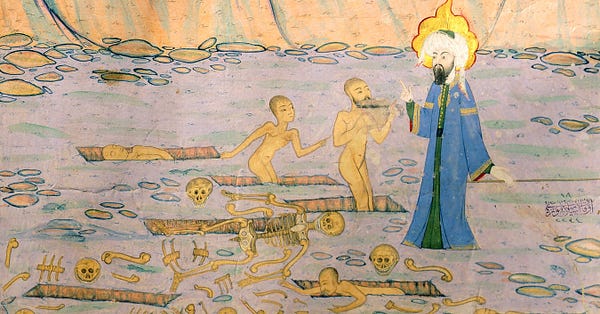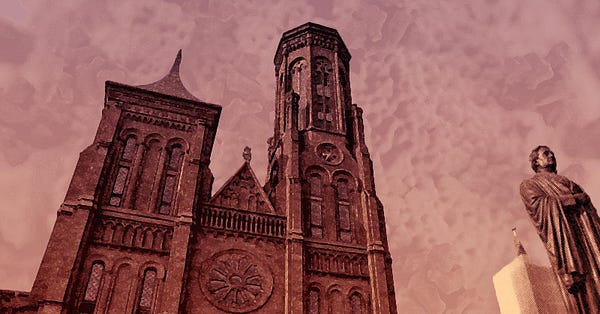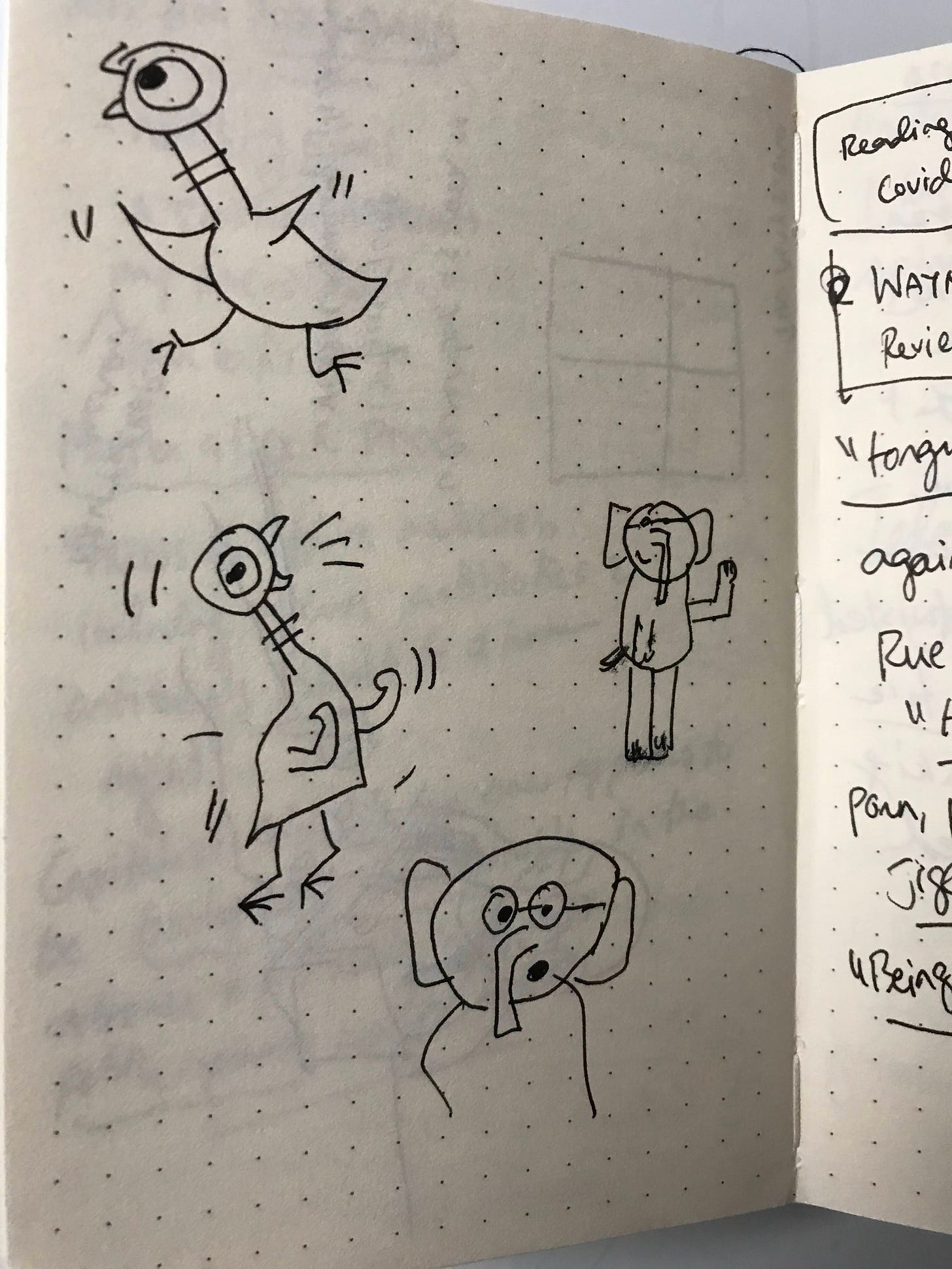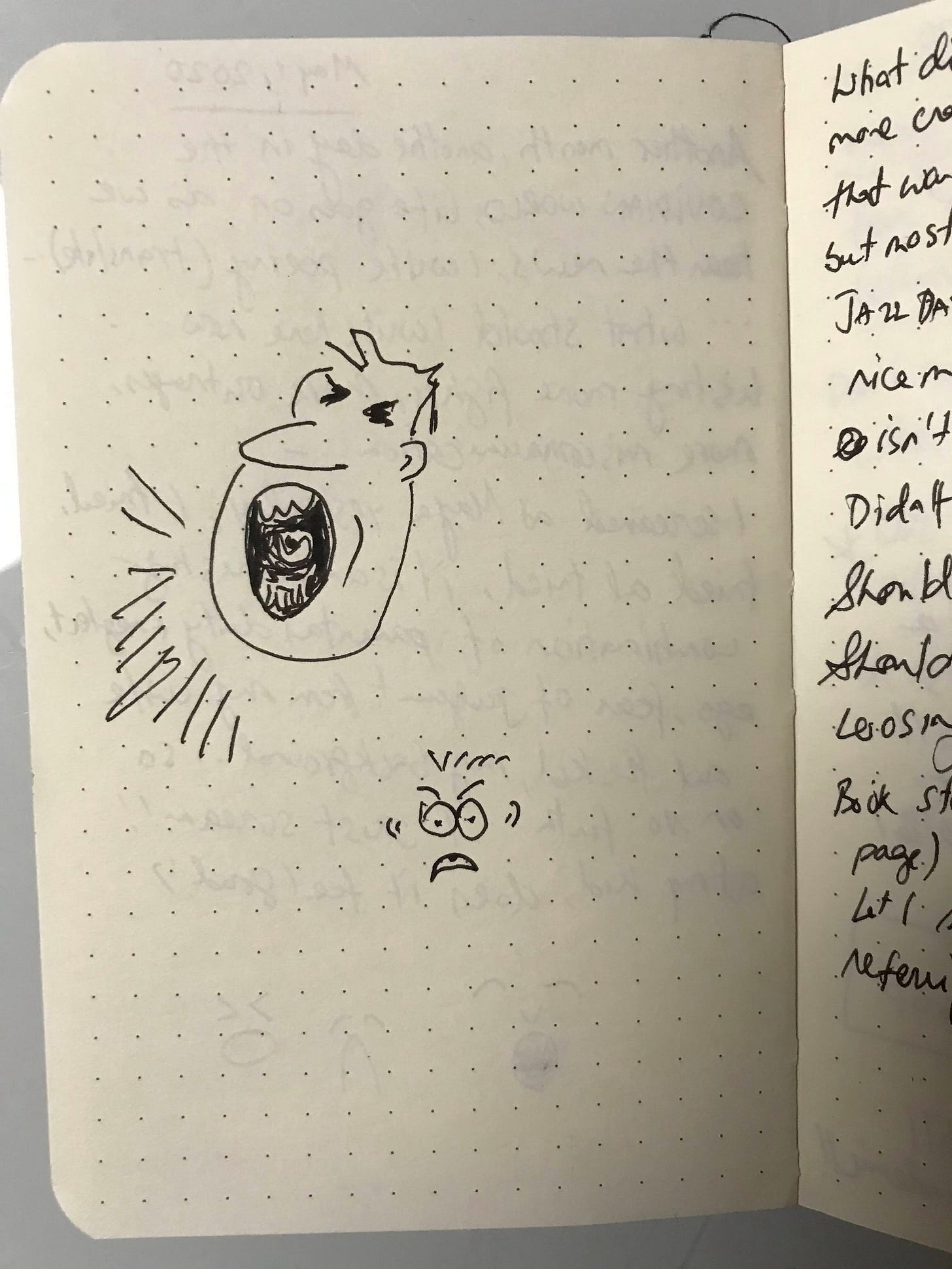Many years later, when we write our pandemic history, we will remember it through sourdough baking, Netflix watching, and Zoom meetings. But we all know how un-instagrammable these past two years were. We all know someone who had lost close family members, someone who had health issues, someone who lost jobs. There were riots and protests around the world. There were lies and false information online. As this year ends, we now hear about yet another variant. It seems hard to pinpoint time. But life moves on. We still have hope in humanity. And we all have an urge to write and document this history in our unique ways. These efforts to document might be futile, bizarre, and meaningless. But we still do it.
I am trying to think about how it all started. Luckily, I kept a COVID journal. I used to buy decorated notebooks, leather bound journals. They usually stayed blank save for a few scribbles here and there (is there a German or Japanese word for this hoarding, like Tsundoku?).
In March 2019, on a whim, I bought a Leuchtturm1917 notebook on route to work. (remember B.C -- before corona commutes?) My commute used to take me through Amsterdam Central. I do sometime miss that even though I changed jobs before the lockdown that didn’t require the train commute. I read about the benefits of bullet journaling and writing with pen and paper. So I wanted to give it a try -- both for work and personal stuff. It was a slow start but I started to get the hang of it. My first entry was on March 23, 2019. I drew on it, wrote reading notes, random sketching and scribbling. Then the world changed. Then I asked what's the point of writing in this journal. It was like a poetry after Auschwitz moment.
Now, poetry is something that gave me solace during the pandemic. I had the audacity and luxury to translate a corona poem from Dutch to Bangla during the lockdown. It was a privilege. Buying those notebooks, having the time to read, write and think are privileges that helped me immensely. Even without such privileges, we need conduits of our grief. We all needs ways to document history. We cannot fathom and document such grief via Twitter sentiment analysis. Writing...writing by hand on paper is one way of capturing history in a concrete fashion.
We also do not need to write down everything. We can resort to magic or spirituality. That is another way to document the pandemic, to understand and reach out to the unknown. Sometimes when our grief is so enormous only magic can understand it.


I left the Leuchtturm1917 alone during the lockdown and I found a smaller sized notebook (called Flexbook) that I bought in Athens. My first COVID entry was on March 21, Saturday, 22:33. It started like this: "So is this how all these will collapse?” I looked at the diary recently. Here's an entry from April 11, 2020:
On 16th April it will be one month. Another Saturday. The weather has been really really unusually nice. As if the weather is mocking us as we were staying in. Today we cleaned the backyard. Brought out the benches and the chairs. The park is busy, not like usual but people are not staying in. I am afraid that there will be a big come back of corona even worse. Let's hope I am wrong.
Well, we all know how it panned out after April 2020. I go on then talk about a fight I had with my wife, issues we had to deal with for homeschooling. The usual pandemic stuff. I finished the Flexbook on Aug 12, 2021. I was hoping not to have another COVID diary. But I needed to document more. I found another empty one with a red leather bound cover. This was acquired from a souvenir shop in Venice. It was a tourist trap. Remember traveling and buying craps from souvenir stores? Even though Venice has an amazing history of publishing and printing and the notebook I bought looked like a work of craftsmanship, I preferred the Flexbook. But as I started writing on the Venice notebook, I decided to keep using it even though it was not as enjoyable as the Flexbook.
Then I started making bread. Yes, the cliche goes on. But at least I haven't gone full sourdough. Yet.


What I am trying to get at is that our narratives either via poetry or bread are important. Personal is political. Baking, writing poetry, writing in a journal are personal acts. For every one of us, it means something a little bit different. For me, writing in a journal and reading poetry and fiction gave me solace (During the first few weeks of lockdown, I could not read any fiction). The baking showed some optimism of sharing our joys. But it also made me stand still and face our fears and collective doom.
Beyond these personal efforts, it is nice to see collectively, we also have avenues to document and record our history. Librarians, curators, and educators are an essential force for this.


Here are some more glimpses from my COVID diary. With my daughter, we watched Lunch Doodles with Mo Willems. Those episodes inspired a few attempts in doodling and family drawing sessions.
It helped in a certain way, not always. We tried to limit screen time as much as possible but didn’t work all the time. These doodles are also our effort to document the pandemic.
Life had to go on, right? And we can’t save the world like this. But as Amitav Kumar said, we must record it. Whatever way we want, we need to document what is happening. It is not about being honest or truthful. Otherwise, somebody else on our behalf will tell our own history:
You can’t save the world, but you must record it. Everyone, every citizen, should keep a record of what happened today. My book starts with the narrator reading about Obama’s daughter saying she liked what Hemingway said: “Write the truest sentence you know.” My narrator flips it and thinks he’ll write the most revealing lie.
I also found writings by Teju Cole and his photography inspiring and an interesting way to document our sorrows:
It’s about allowing not only rage, but also sorrow. This is a sorrowful moment in our collective histories. People say there’s no ethical consumption under capitalism. Okay, agreed. And then, after saying that, we still have to enter the kitchen and make food. We’re being asked to do something intolerable, to witness and understand other people’s pain, and then still move on with life. It’s very difficult to do, and yet it has to be done.
We need to remind ourselves that how all these stories are hidden around us. Each of us carries part of the pandemic history. As we make it through this world, we carry this history with us in our journals, bread, and grieving.






